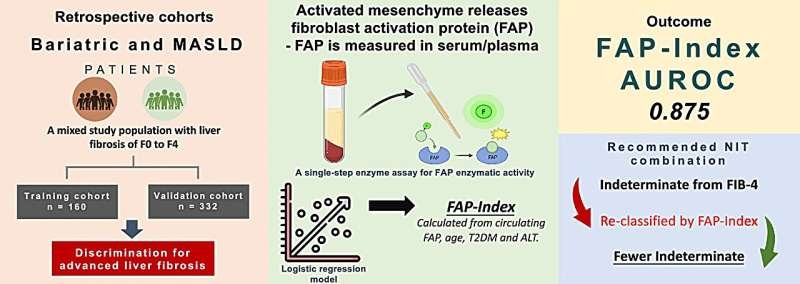Greater Controls Recommended for Genetic Testing
By LabMedica International staff writers
Posted on 24 Jun 2009
Public and private agencies calling for greater control of genetic testing have given rise to recommendations for new directives.Posted on 24 Jun 2009
Evaluation of genomic applications in practice and prevention (EGAPP) is a project initiated by the CDC Office of Public Health Genomics some years ago. The project's goal is to establish and evaluate a systematic, evidence-based process for assessing genetic tests and other applications of genomic technology, in transition from clinical and public health practice to research. EGAPP published an article in the online edition of the journal Genetics in Medicine in January 2009, which described the group's methodology.
Guidelines, published by the U.S. Centers for Disease Control and Prevention (CDC; Atlanta, GA, USA) in 2009, focus on molecular diagnostic companies, and medical and public health professionals who evaluate lab practices and policies.
New York State (USA) has introduced regulations for companies offering direct to consumer genetic testing programs. These have been added to a growing list of public and private agency demands for regulation of genetic testing, laboratory developed tests (LDTs), and in vitro diagnostic multivariate index assays (IVDMIAs).
The new reports belong to a growing list of those focused on bringing genetic testing performance on par with conventional diagnostic tests. Meanwhile, the National Human Genome Research Institute (NHGRI), part of the National Institutes of Health (NIH, Bethesda, MD, USA), announced the latest round of grant awards totaling more than US $13.3 million. These awards are aimed at speeding the development of innovative sequencing technologies that reduce the cost of DNA sequencing, and expand the use of genomics in health care and medical research.
"There has been significant progress over the last several years to develop faster and more cost-effective sequencing technologies and, we are committed to supporting these innovative efforts to benefit scientific labs and medical clinics," said NHGRI director Francis S. Collins, M.D., Ph.D.
Related Links:
EGAPP
CDC
NIH










 (3) (1).png)


